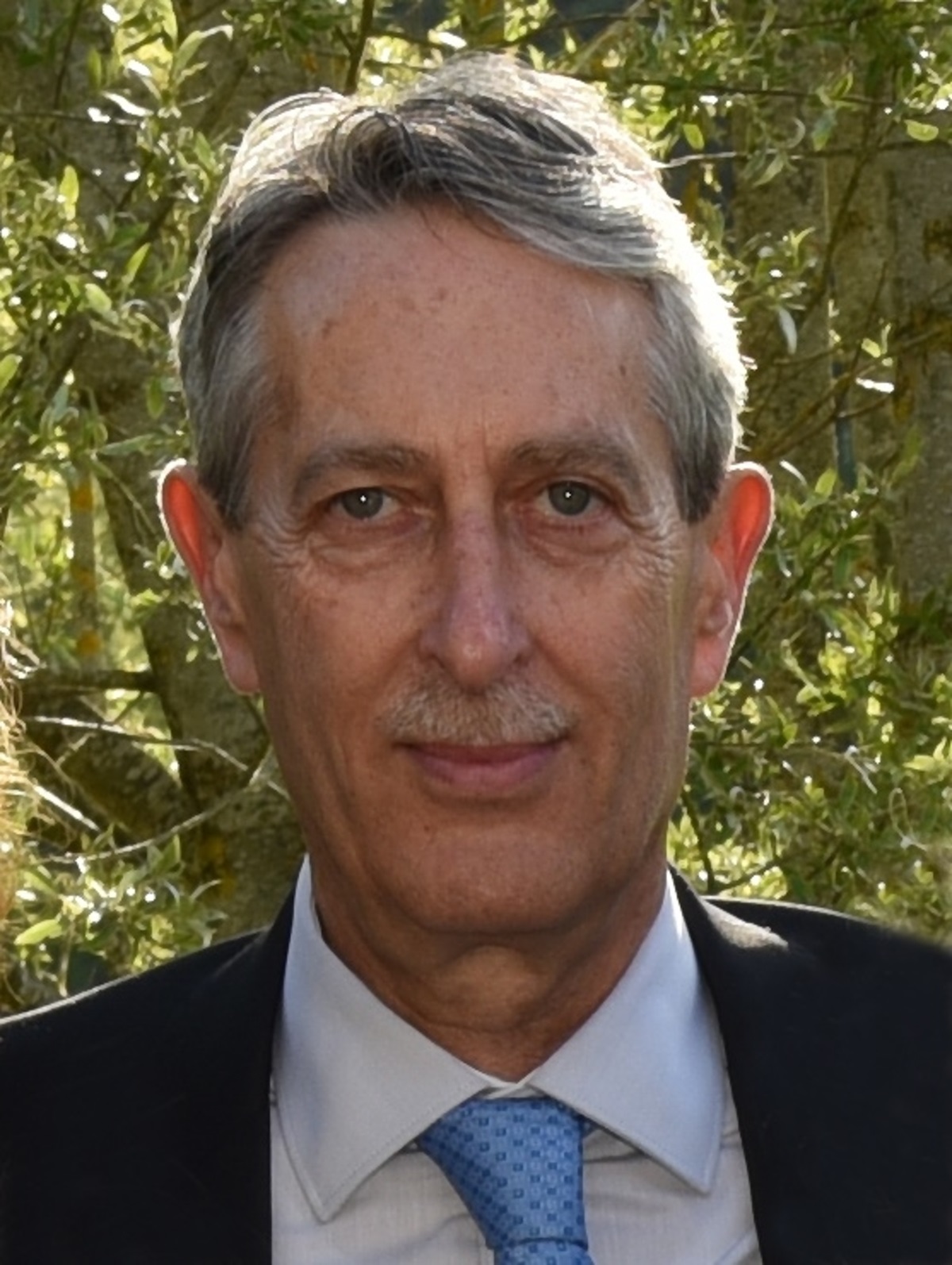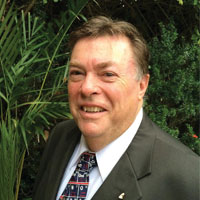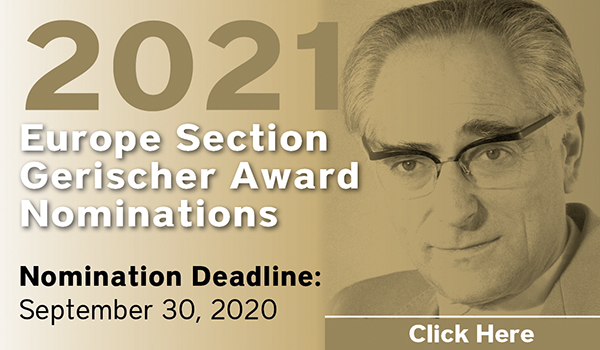 Call for Papers
Call for Papers
Journal of The Electrochemical Society
Focus Issue on Characterization of Corrosion Processes in Honor of Philippe Marcus
The Journal of The Electrochemical Society will publish a focus issue in connection with the fifth symposium on High Resolution Characterization of Corrosion Processes: In Honor of Philippe Marcus taking place during PRiME 2020.
Characterization techniques are being applied in novel and innovative ways, often in situ during corrosion studies, to obtain new information about corroding systems. This focus issue highlights exciting applications of techniques that are highly resolved in space and/or time and used to elucidate kinetics and mechanisms of underlying electrochemical reactions. (more…)



 Joe Stetter Improves PPE Sterilization
Joe Stetter Improves PPE Sterilization



 Marion Jones Reflects on Community in a Time of Crisis
Marion Jones Reflects on Community in a Time of Crisis